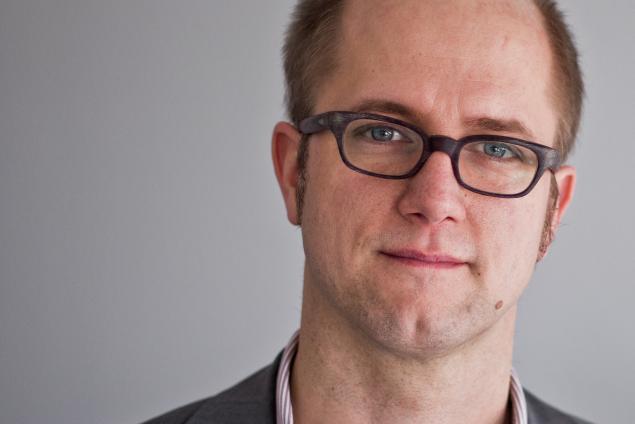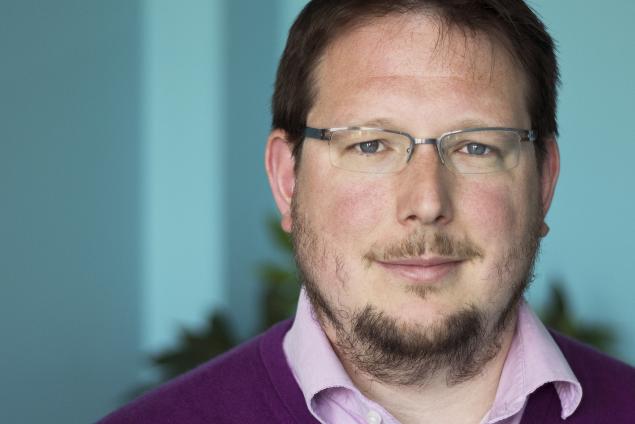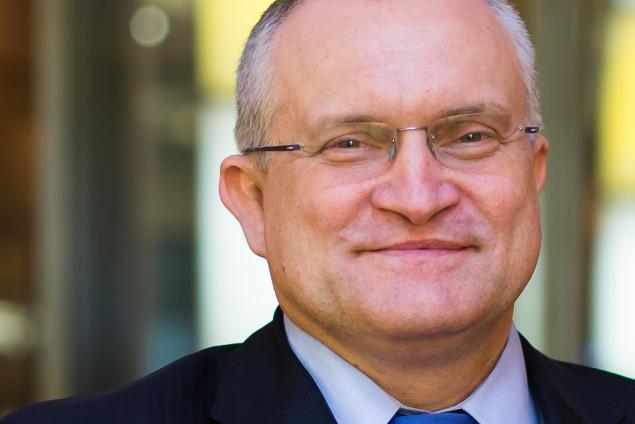Scroll to Section:
In the banking model of maturity transformation presented in this video, the features of the shadow banking sector and its influences on financial stability are analyzed. As PAUL SCHEMPP explains, the model shows that banks and shadow banks can co-exist without harm to the financial sector as long as the shadow banking sector is small. However, liquidity guarantees from banks to shadow banks and a growing shadow banking sector increase the risk of bank runs.
DOI:
https://doi.org/10.21036/LTPUB10003
Institution

University of Cologne (Universität zu Köln)
Founded in 1388, the University of Cologne (UoC) is the second oldest German university. Its heritage goes hand in hand with a thoroughly modern outlook. The UoC is one of the leading German research universities with an increasing international reach. In 2012 the University won substantial funding in the German Excellence Initiative and is now one of eleven German Excellence Universities. The UoC has a culture which supports individual research as well as medium and large scale collaborative projects. Our flexible approach allows us to reward individual excellence, develop promising fields, build up critical mass and embrace emerging new fields. Research is conducted in our six faculties and in a number of cross-faculty research centers. We are firmly committed to the advancement of fundamental research and have particular strengths in our six competence areas: Aging and demographic change, Social and economic behavior, Quantitative modeling of complex systems, Cultures and societies in transition, Social inequalities and intercultural education and Plant sciences. (Source: University of Cologne)
Show more
Max Planck Institute for Research on Collective Goods
Initially founded as a Max Planck institute that investigates the provision of collective goods, the institute has developed into an international hub that focuses in its research mainly on applied economics and on behavioral law. Moreover, the institute hosts three independent research groups on “moral courage”, “economic cognition”, and “mechanisms of normative change”. The set of researchers from various disciplines, such as economics, law, psychology, and sociology, constitutes a truly interdisciplinary environment that facilitates a cross-fertilization of ideas.
Original publication
Banks, Shadow Banking, and Fragility
ECB Working Paper
Published in 2014
Reading recommendations
Securitization Without Risk Transfer
Journal of Financial Economics
Published in 2013
Regulatory Arbitrage and Systemic Liquidity Risk
Unpublished
Published in 2015
Repo Runs
Review of Financial Studies
Published in 2014
Sizing Up Repo
The Journal of Finance
Published in 2014
Repo Runs: Evidence from the Tri-Party Repo Market
The Journal of Finance
Published in 2014
Beyond
A Ground-breaking Scientific Revolution
An Alarming Challenge for Society
If I Had a Second Life
A Personal Reading Recommendation




